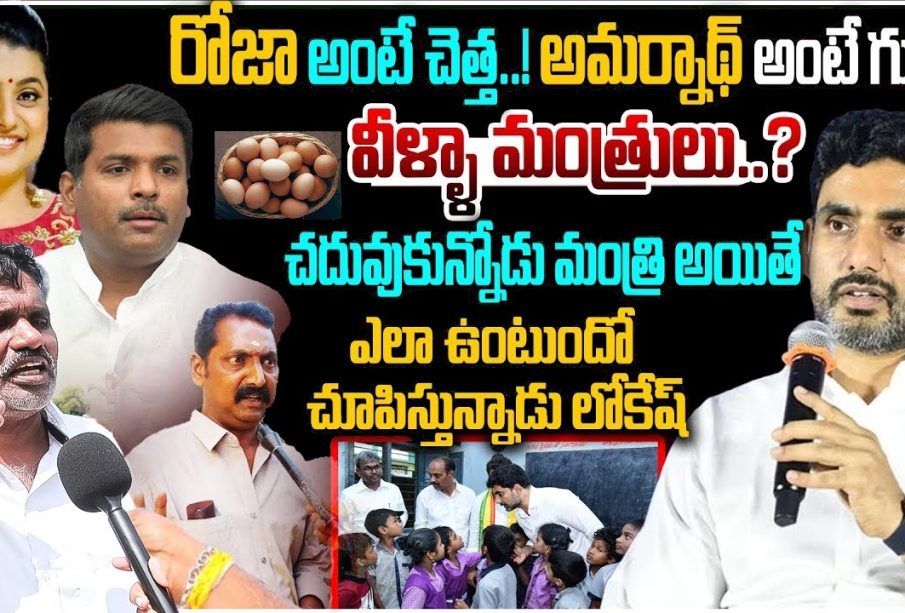Pawan Kalyan: The Multifaceted Icon of Telugu Cinema and Politics

Introduction
Pawan Kalyan is not just a celebrated actor in the Telugu film industry; he is also a prominent political figure. Known for his charisma and dedication, Kalyan has garnered immense popularity over the years, making him an essential personality in contemporary Indian cinema and politics. His influence extends beyond films, as he inspires valuable discussions on social and political issues.
Career in Films
Born on September 2, 1971, Pawan Kalyan made his acting debut in 1996 with the film ‘Akkada Ammayi Ikkada Abbayi’. His unique style and dialogue delivery quickly earned him a massive fan following. Over the years, Kalyan starred in numerous successful films, including ‘Tholi Prema’, ‘Gabbar Singh’, and ‘Attarintiki Daredi’. His performances often emphasize themes of social justice and resilience, resonating deeply with audiences.
Political Journey
Pawan Kalyan founded the Jana Sena Party in 2014 with a vision to address the grievances of common people and bring about revolutionary changes in society. His political ideology focuses on transparency, welfare, and equity. Kalyan has actively participated in campaigns, rallying support during elections and voicing concerns about various socio-economic issues. In the 2019 Andhra Pradesh Assembly elections, his party contested but didn’t win significant seats; however, Kalyan proved his political mettle and is continuously working to build a strong grassroots connection.
Social Impact and Future Prospects
Beyond the silver screen and political arenas, Kalyan is admired for his philanthropic efforts. He has supported various initiatives related to healthcare, education, and rural development. His followers engage in numerous social activities under the banner of Jana Sena, promoting welfare and community development.
Looking ahead, Pawan Kalyan’s influence is expected to grow, especially as he prepares for upcoming elections. His ability to connect with the youth and diverse demographics points to a promising future both in cinema and politics. As an icon, he has the potential to effect significant change within the Indian landscape, encouraging an engaged and informed citizenry.
Conclusion
Pawan Kalyan stands at the intersection of entertainment and politics, and his role as an actor, politician, and philanthropist has made him a vital figure in modern Indian culture. His journey reflects the evolving narrative of celebrity influence in political affairs, making him a figure to watch in the years to come.









